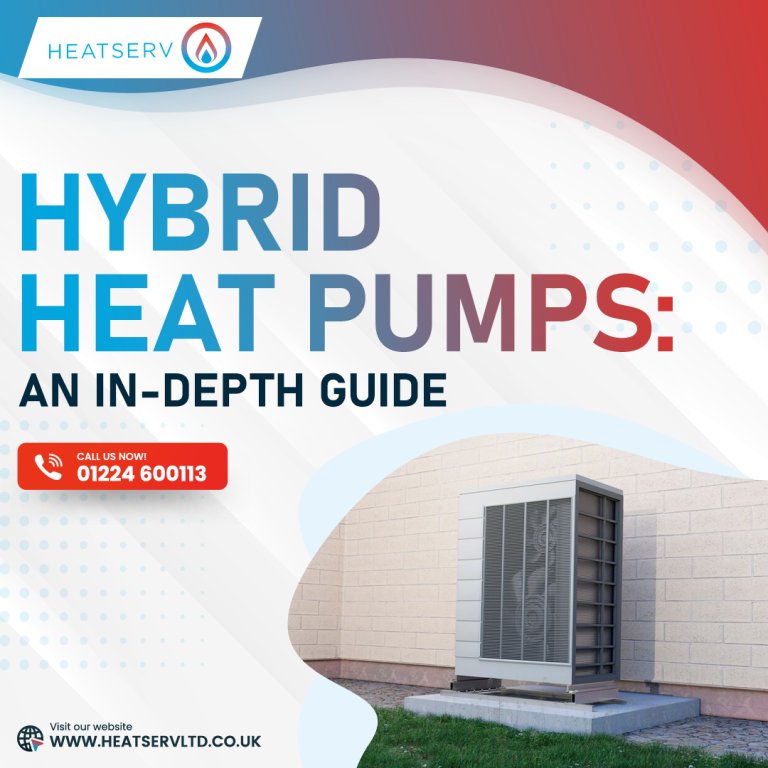Don’t Buy a New Combi Boiler Until You See This Pricing Breakdown
Don’t Buy a New Combi Boiler Until You See This Pricing Breakdown
March 19, 2024
Considering a new combi boiler can be a daunting decision. Many homeowners find themselves at a crossroads, trying to balance the need for an efficient heating system with the fear of hefty costs.
A key fact to bear in mind is that modern boilers are significantly more energy-efficient than their predecessors, potentially cutting your energy bills considerably.
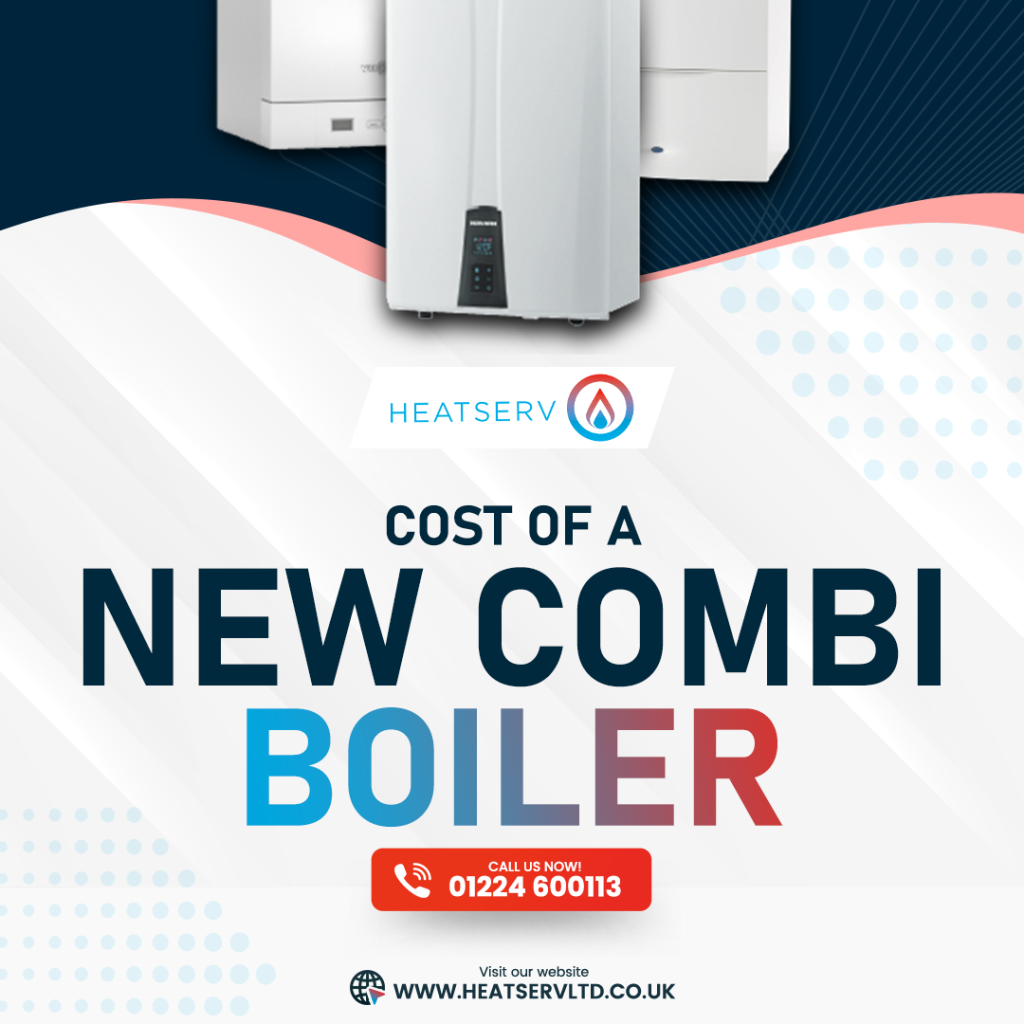
Get ready to turn up the heat without burning through your budget. Keep reading!
Key Takeaways
- The price of a new combi boiler ranges from £600 to £2,500. Factors such as your location and the size of your home play a big part in this cost.
- Choosing an energy-efficient boiler can save you money on energy bills in the long run. Look for A-rated models and consider adding smart thermostats to boost savings.
- Getting several quotes from different installers helps find the best deal for your new combi boiler. Make sure they are Gas Safe registered and check their warranties and services.
- Regular maintenance keeps your boiler running well and avoids expensive emergency repairs. Plan annual checks to catch any issues early.
- The type of boiler you need depends on your home’s size and hot water needs. Combi boilers work well for smaller homes, but larger houses might need a system or conventional boilers.
Key Factors Influencing the Cost of a New Combi Boiler
Location
The cost of a new combi boiler installation in London, for example, is higher compared to other regions. This difference can be seen in the range from £1,895 to £4,500 for various locations across the UK.
The geographical area plays a crucial role in determining how much you’ll pay for your heating upgrade.
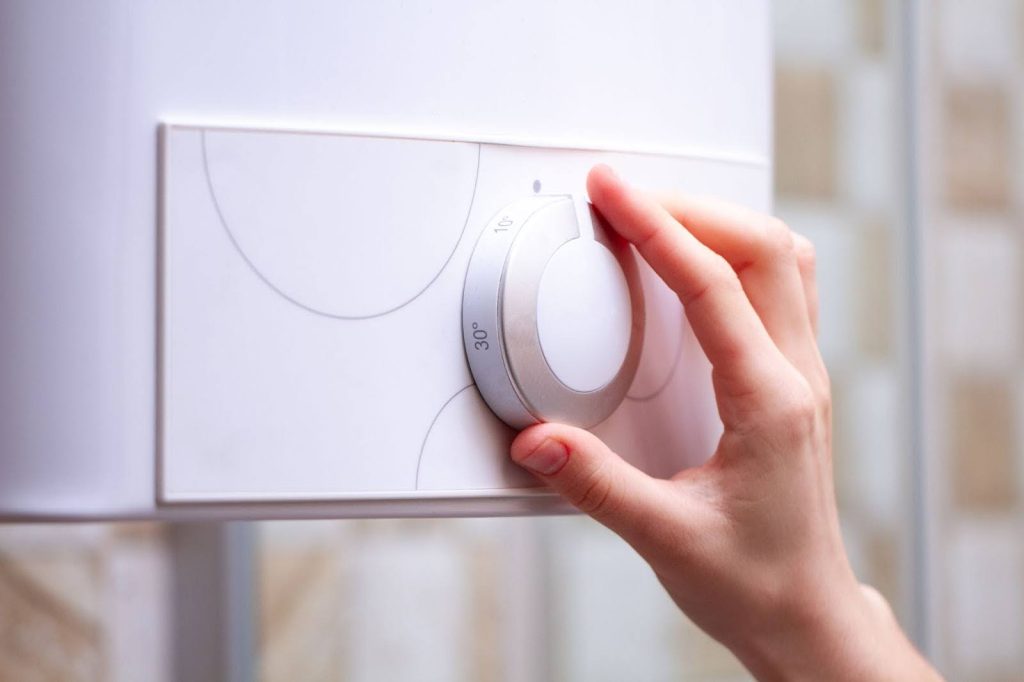
Prices vary widely based on where you live. For instance, installing a biomass boiler could set you back between £5,000 and £20,000, with urban areas often facing higher costs due to increased labour rates and accessibility issues.
Boiler grants under schemes like the Boiler Upgrade Scheme also offer differing amounts influenced by your location within the UK.
Type of boiler
The type of boiler you choose impacts the cost significantly. Combi boilers are popular for their efficiency in producing hot water and heating without needing a separate hot water cylinder.
System boilers require a cylinder for storing hot water but are good for homes with more than one bathroom.
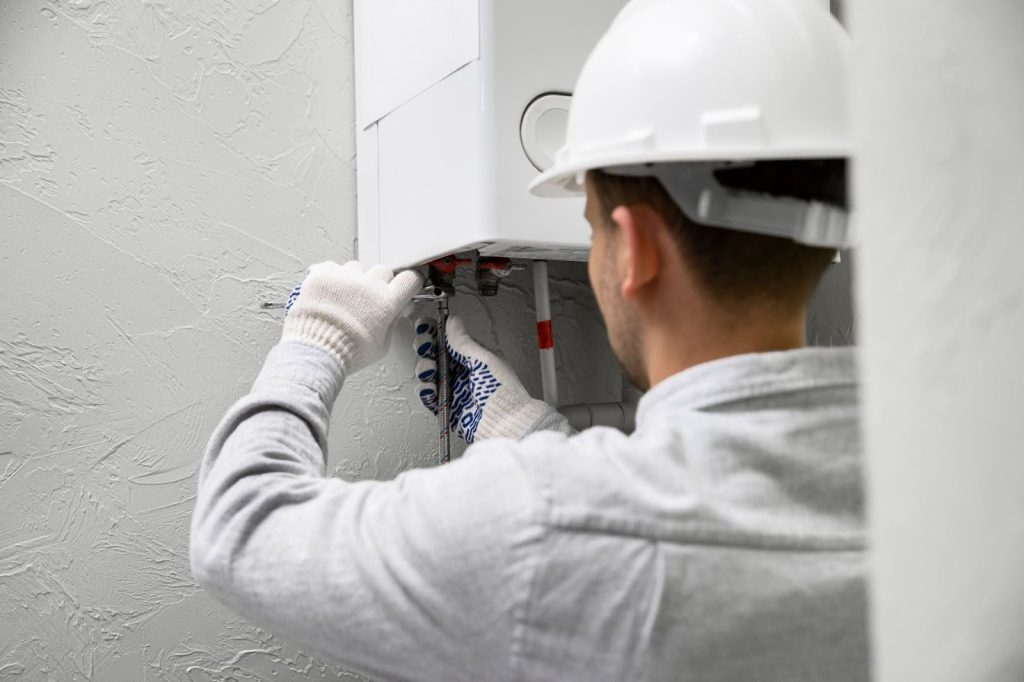
Conventional boilers need both a cylinder and a tank, making them suited to larger houses with space to accommodate this setup.
Choosing between these types depends on your home’s size, demand for hot water, and existing heating system. For instance, converting from a back boiler to a combi can range between £2,300 and £6,000 due to the complexity of changing pipework and location of the unit.
Each boiler type also varies in energy efficiency which can affect long-term savings on energy bills.
Next is considering how the size of your home influences your choice and installation costs.
Size of home
After considering the type of boiler, the size of your home significantly influences the installation cost. A larger house with multiple bedrooms and bathrooms needs a more powerful combi boiler to meet higher demands for hot water and central heating.
This setup ensures every room stays warm and there’s always enough hot water for showers and baths.
Specific quotes often depend on whether you live in a flat, terraced house, semi-detached, or detached property.

The number of rooms you have plays a crucial role in determining the overall price.
For instance, installing a new combi boiler in a small flat will typically cost less than fitting one in a large family home due to differences in size and energy demands.
Full System Conversion Boiler Prices
Combi boilers are generally more affordable than other types, costing around £1,500 plus VAT. In contrast, conventional boilers come with a higher price tag of £2,000 plus VAT. System boilers sit in the middle at about £1,300 plus VAT.
For those looking at greener options, biomass boilers are much pricier at £10,000 plus VAT.
LPG and condensing boilers have costs similar to combi models; each priced around £1,500 and £2,500 plus VAT respectively. Choosing between these depends on factors like home size and energy-saving goals.
It’s crucial to weigh initial investment against long-term benefits such as lower carbon emissions and potential savings on fuel bills.
Other Factors to Consider When Replacing a Boiler
Consider maintenance and repair costs, replacement timing, and unexpected breakdowns when replacing a boiler. Find out more about these crucial factors by reading the full blog.
Maintenance and repair costs
Looking after your new combi boiler can save you money in the long run. Regular maintenance helps prevent unexpected breakdowns and keeps your boiler running efficiently. Emergency appointments for broken boilers can be costly, so it’s wise to have routine checks.
Next, think about the best time of year to replace your boiler.
Time of year for replacement
The ideal time to replace a boiler is when it’s between 10-15 years old. Summer months are recommended for installation due to lower demand, potential discounts from installers, and reduced disruption to daily routines.
Moreover, warmer weather allows for more flexible scheduling and provides ample time for any unexpected issues that may arise during the replacement.
It’s important to consider the age of your boiler as older units tend to be less energy-efficient, leading to higher running costs. Additionally, summer replacements can save on emergency call-out charges if the system fails during winter.
Unexpected breakdowns
Unexpected breakdowns in boilers can lead to inconvenience and unexpected costs. Regular maintenance, such as annual servicing, helps to identify potential issues before they escalate into costly breakdowns.
Additionally, being aware of the signs of a failing boiler, such as unusual noises or irregular heating patterns, can help prevent sudden malfunctions that may disrupt daily life or cause discomfort.
Planned preventative maintenance not only ensures the efficient running of the boiler but also minimises the risk of unexpected breakdowns. This proactive approach can save homeowners from potential expenses associated with emergency repairs and replacements.
Tips for Saving Money on a New Boiler Installation
Regular maintenance helps to improve efficiency and minimise repair costs. Comparing quotes from different installers can help in finding the best deal for a new boiler installation.
To extend the lifespan of your boiler, schedule regular maintenance to avoid costly emergency appointments.
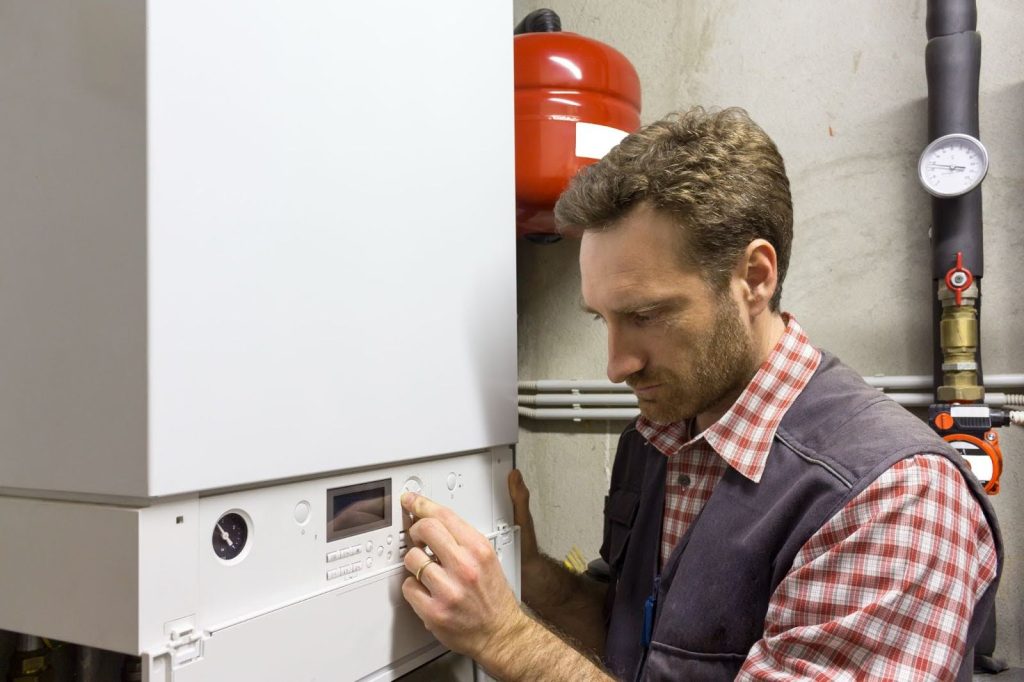
Regular maintenance is key to preventing unexpected breakdowns and keeping repair costs in check.
It also ensures that your boiler operates efficiently, saving you money on energy bills in the long run.
Investing in regular maintenance for your boiler can save you from expensive emergency repairs and help you cut down on energy costs over time.
Energy efficiency
Energy efficiency is crucial in reducing long-term energy costs. By choosing a boiler with a high energy efficiency rating, such as an A-rated condensing boiler, homeowners can significantly lower their annual heating bills.
Investing in energy-efficient boilers also aligns with environmental sustainability by reducing carbon emissions and reliance on fossil fuels. Additionally, implementing smart thermostats and regular maintenance further enhances the overall energy efficiency of the heating system.
Maximising energy efficiency not only reduces carbon footprint but also contributes to substantial cost savings over time. Regularly assessing the overall performance of the heating system and considering renewable fuel options can also play a pivotal role in achieving greater energy efficiency.
Combi Boilers Are Worth It!
Understanding the cost of a new combi boiler involves key factors like location and home size. Practical tips such as regular maintenance and comparing quotes can lead to significant savings.
Emphasising energy efficiency is crucial for long-term cost-effectiveness. Explore further resources for personalised guidance in choosing the right boiler. Ultimately, making an informed decision about a new combi boiler installation is essential for comfort and financial well-being.







